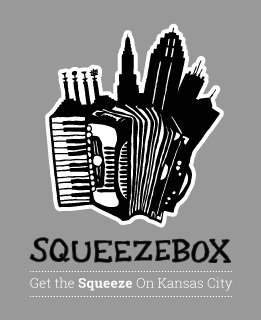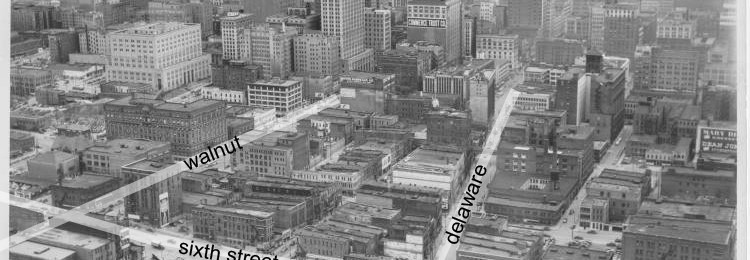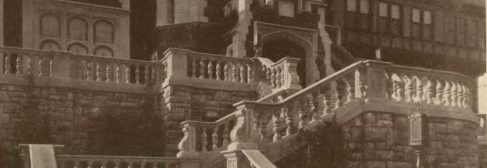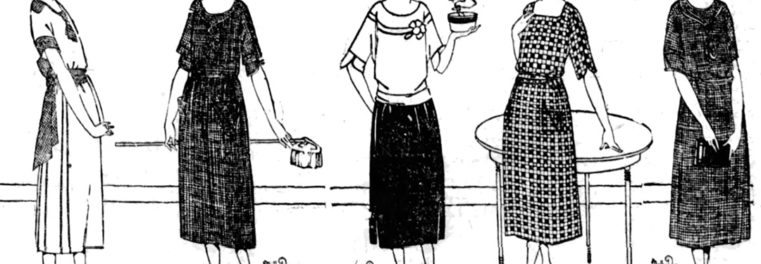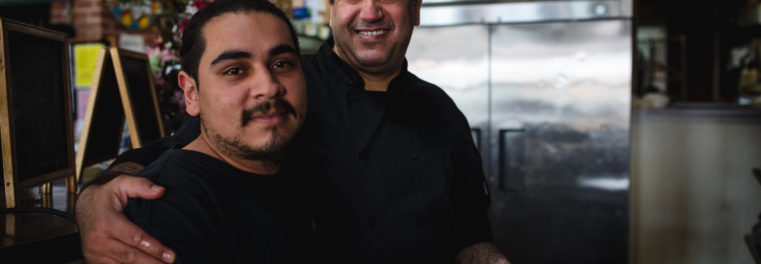Private Birthday Party
Cross-dressing, Private Birthday Pary, Gillis House Hotel, Coates House Hotel, Lincoln Theater, Missie B’s
When Robert Heishman uncovered a collection of photographs documenting the Kansas City drag culture of the 1950s and ’60s, the pictures—presented as Private Birthday Party—garnered national interest for their striking untold story. But the phenomenon of cross-dressing in Kansas City dates even further back than the ‘50s, and lives on vibrantly today.

Take a tour through some of our city’s most noteworthy drag landmarks:
Gillis House Hotel, 1870: Since its 1847 construction, the historic brick hotel that once sat on the Missouri River bank enjoyed an illustrious reputation (and guestbook to match) in the early days of the Town of Kansas. But in 1870 it grabbed the attention of the Kansas City Evening Star for a less than reputable kind of guest: the female impersonator. The newspaper’s story “Strange Men” covered proto-drag queens that performed at the hotel, a breed they deemed “not worth the powder that would blow his effeminate soul to purgatory.”

Coates Opera House, 1882: Oscar Wilde appeared here on April 17, 1882, as part of a nation-wide lecture tour. Wilde, though not performing in drag, did appear for the lecture wearing an elegant ensemble that at the time was lambasted as subversively effeminate. In this era Wilde was fascinated by “aestheticism” and the intersection of beauty in art and life. The Kansas City Evening Star didn’t quite see it this way, dismissing his manner (“…he held in his hand a handkerchief and toyed with it as does a bashful maiden”) and clothing.

Lincoln Theater, 1925: Though not in drag, Ma Rainey performs at Jazz District’s Lincoln Theater the same year she is arrested in Chicago for hosting a lesbian orgy. The Lincoln Theater at 18th and Lydia was a 1,500-seat movie palace that offered “high-class entertainment” to black audiences. Ma Rainey, who had the year before cut records with Louis Armstrong, surely fit the bill; though things may have been different if audiences had known the details about her “indecent party.” In 1928 she released the record “Prove It On Me Blues,” which boasted a suggestively gender-bending cover and the lyrics “I went out last night with a crowd of my friends, it must’ve been women, ’cause I don’t like no men.”

Jewel Box Lounge, 1960s: A definitive gem of Kansas City drag culture, the Jewel Box Lounge stood for years on the 3200 block of Troost, a gender-bending cabaret that showcased a variety of “femme-mimic” acts and played host to the likes of Truman Capote. Unlike other cities where drag scenes suffered from strictly-enforced decency codes, the Jewel Box remained largely undisturbed by the police thanks to its owner John Trucillo’s ties to the mafia. Frequent visitor Rae Bourbon was a nationally beloved femme-mimic whose numerous comedic records included 1964’s “A Trick Ain’t Always a Treat,” recorded live at the Jewel Box. The club eventually moved to Main Street and did away with the live acts in favor of the increasingly popular lip-synching “drag queens.”

Missie B’s, 2014: Celebrating over 20 years in business, Missie B’s is officially the oldest operating gay bar in Kansas City—and on any weekend night, surely the rowdiest drag show in the region. This was not the original intent of owner Michael Burnes, who opened “Missie’s” as a piano bar in 1994. Burnes’ own performances as Belle Starr got the drag ball rolling. Twenty years later, the bar hosts drag shows five nights a week. The bar’s stamina is owed in large part to Burnes, who has fostered a come-as-you-are community for his employees and patrons through acts like keeping the bar open on holidays and offering cooked meals to guests. Critics decry that Missie B’s has gotten too popular, too crowded during its lively drag shows—how far we’ve come from private parties.




